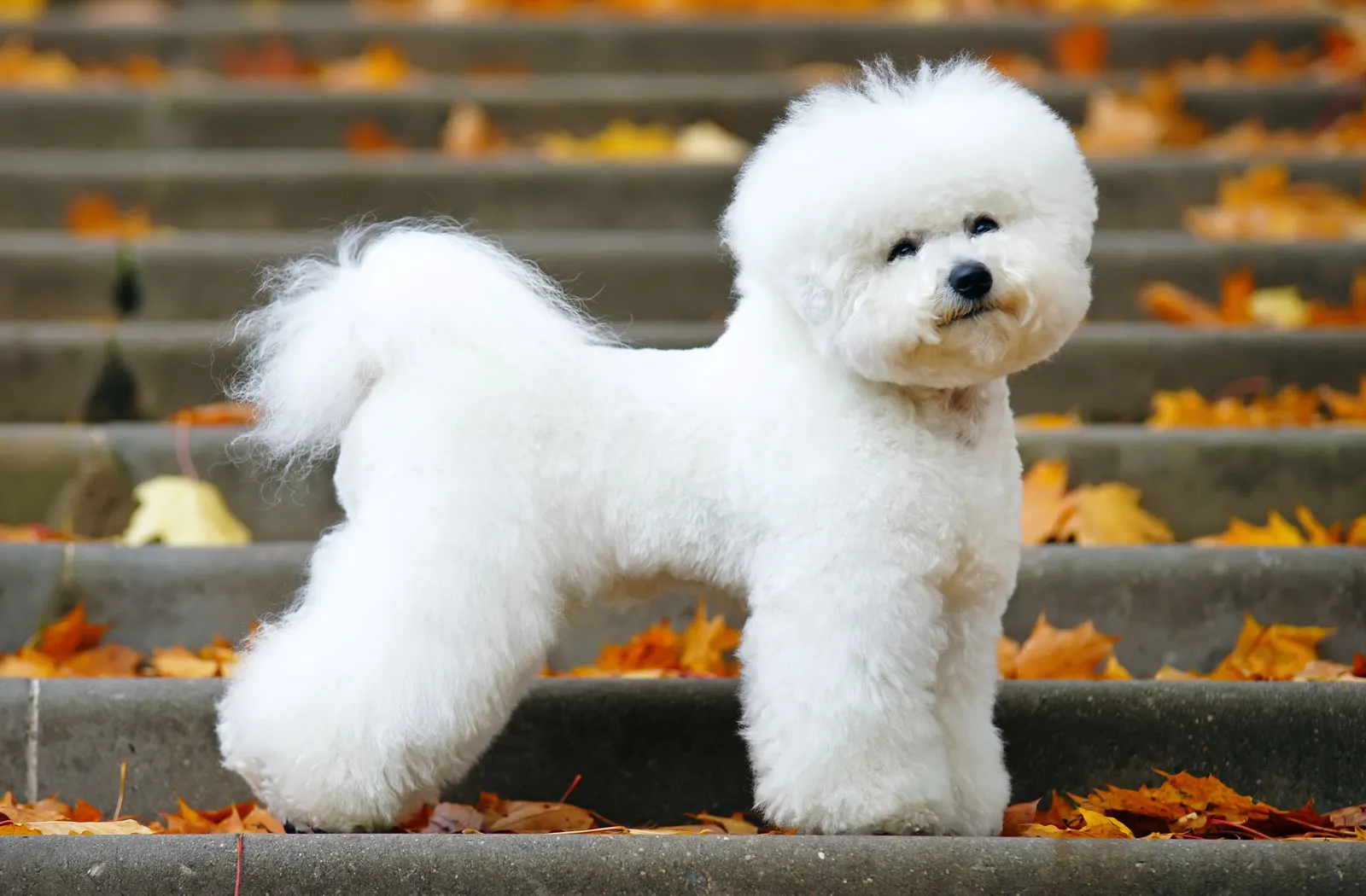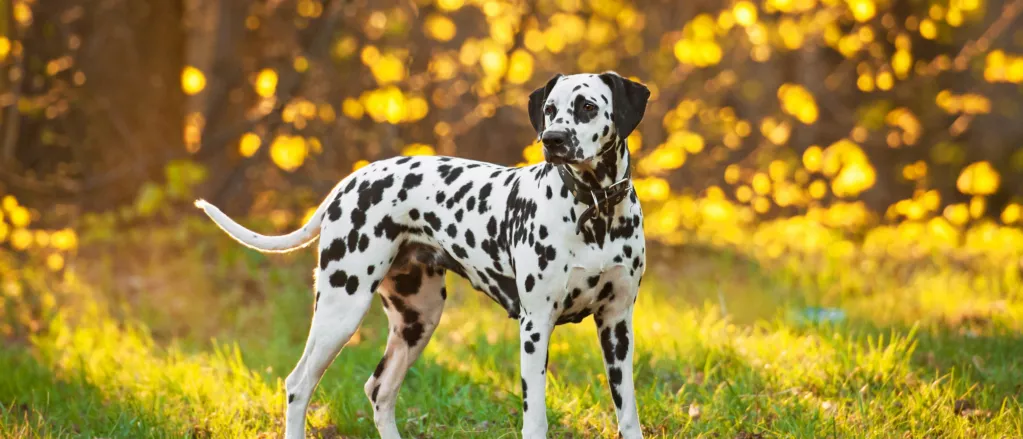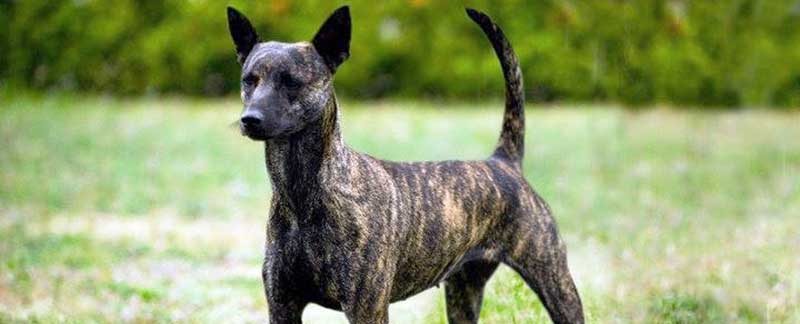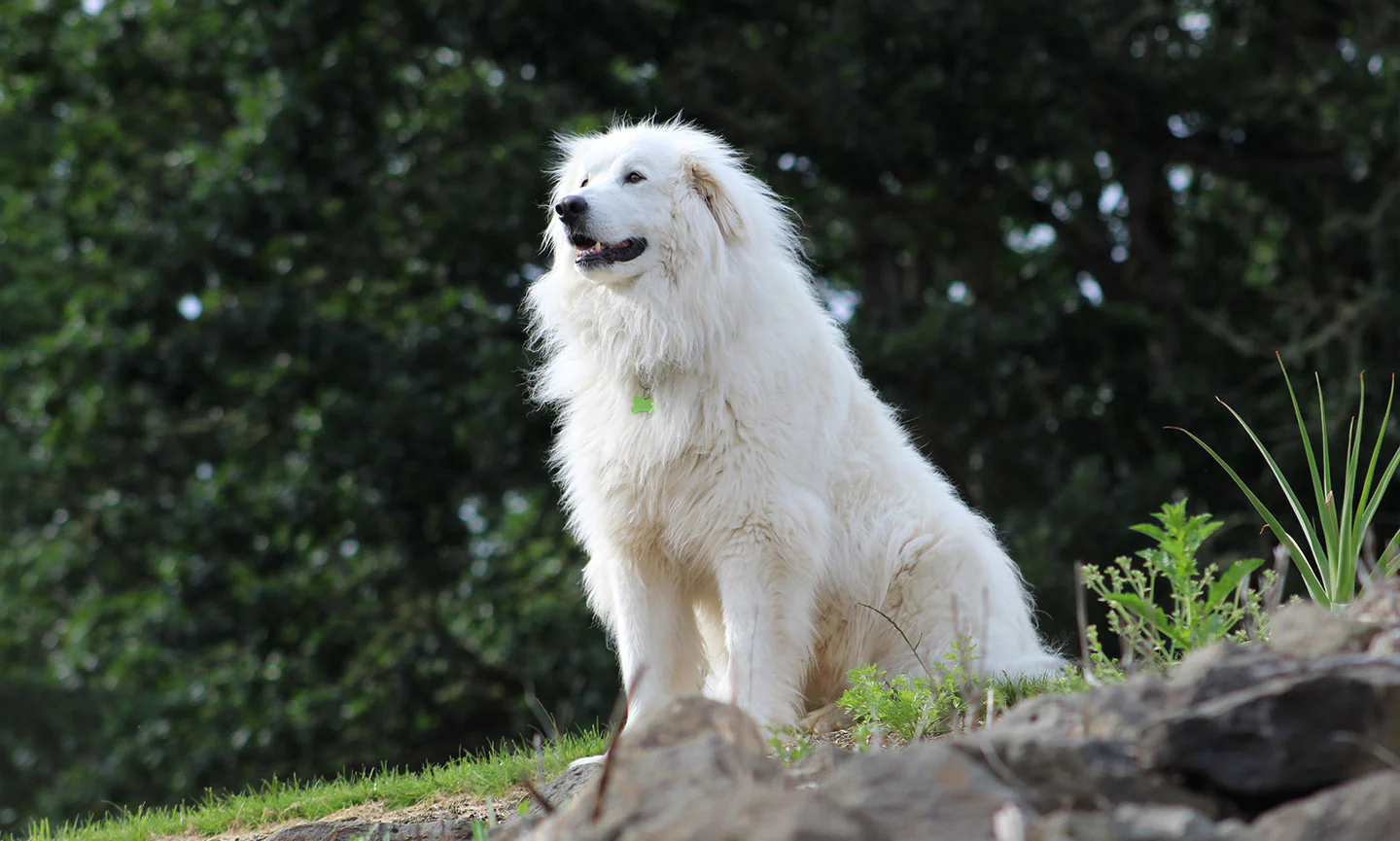Introduction
The Bichon Frisé is a small breed of dog known for their playful and affectionate personality. They are recognized for their fluffy, white coat, and their lively and sociable nature. Originally bred as lap dogs, Bichon Frisés are a popular choice for families and individuals alike due to their charming temperament and adaptability to different living situations. They are generally friendly with other dogs and people and require moderate exercise and grooming to maintain their coat. Overall, the Bichon Frisé is a delightful companion for those seeking a lovable and playful addition to their household.
Bichon Frisé Temperament
The Bichon Frisé breed is known for its friendly and outgoing personality. They are social dogs that love to be around people and other animals. Bichons are also intelligent and eager to please, making them easy to train. They have a playful and curious nature and enjoy playtime and interactive activities. Bichons are affectionate and enjoy cuddling with their owners, making them great companions for those looking for a loyal and loving pet. Overall, the Bichon Frisé breed is a cheerful and charming companion that brings joy to any household.
Aggression
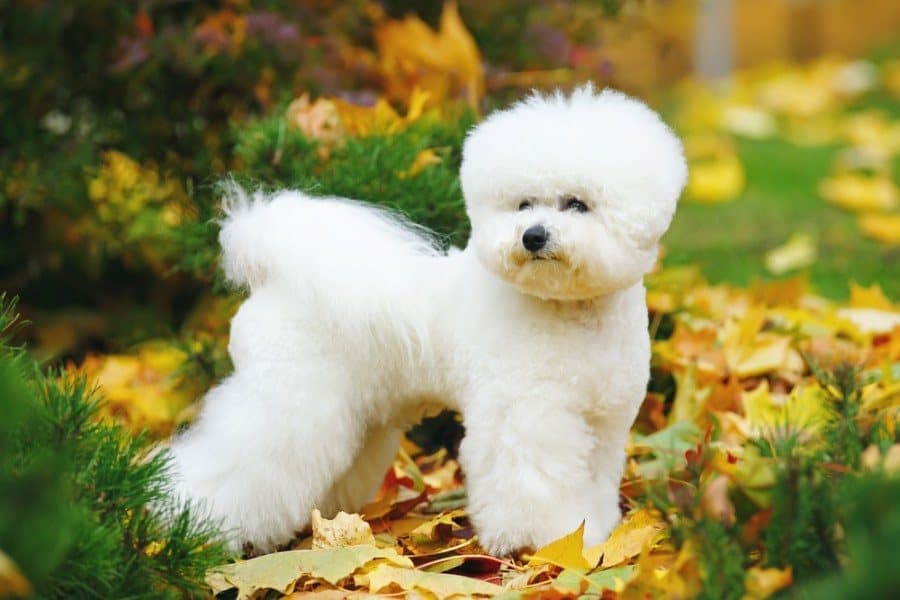
While Bichon Frisés are generally known for their friendly and affectionate nature, they can display aggressive behavior under certain circumstances. Aggressive behavior in Bichon Frisés may be caused by a variety of factors, including fear, anxiety, territoriality, or a lack of socialization. Additionally, certain medical conditions or pain may contribute to aggressive behavior. It is important to address any aggressive behavior in Bichon Frisés promptly and to seek professional guidance from a veterinarian or certified dog behaviorist to identify the underlying cause and develop a plan for managing and correcting the behavior. With proper training, socialization, and management, aggressive behavior in Bichon Frisés can be addressed and corrected, allowing them to live happy and well-adjusted lives as loving companions.
Health and Lifespan of Bichon Frisé
The reported lifespan range of Bichon Frisé, a small breed of dog known for its fluffy white coat and cheerful temperament, is typically between 12 to 15 years. However, like all living beings, individual lifespan may vary depending on factors such as genetics, environment, and overall health and care provided. It is important to note that providing proper nutrition, exercise, and regular veterinary care can help ensure the best possible health outcomes and a longer lifespan for your Bichon Frisé.
Food
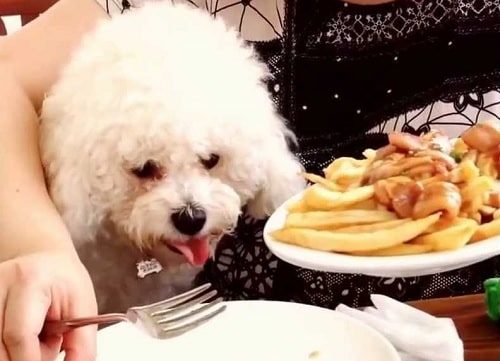
When it comes to choosing the best food for your Bichon Frisé, it is important to look for high-quality, balanced nutrition that meets their specific needs. Bichon Frisés are a small breed and may benefit from smaller kibble sizes that are easy to chew and digest. Look for dog food that contains high-quality proteins, healthy fats, and a balance of carbohydrates, vitamins, and minerals.
It is also important to choose food that is appropriate for your Bichon’s age, activity level, and any specific health conditions. Some Bichons may be prone to dental issues, so choosing food that promotes dental health can be beneficial.
Training for Bichon Frisé
Training a Bichon Frisé requires patience, consistency, and positive reinforcement techniques. Start with basic obedience commands like “sit,” “stay,” and “come,” using treats and praise to reward good behavior. Socialize your Bichon with other dogs and people to help them develop good manners and reduce anxiety. Consider enrolling your Bichon in a puppy training class to build their skills and confidence. Remember to keep training sessions short and fun, and always end on a positive note. With time and dedication, your Bichon Frisé will become a well-behaved and happy companion.
Conclusion
In conclusion, Bichon Frisés are intelligent, affectionate, and loyal dogs that make wonderful companions. Proper training is crucial to ensure they behave well and live happy lives. By using positive reinforcement techniques and socializing your Bichon, you can help them develop good habits and become a well-behaved member of your family. With love, patience, and consistency, your Bichon Frisé will bring joy and happiness to your life for many years to come.
